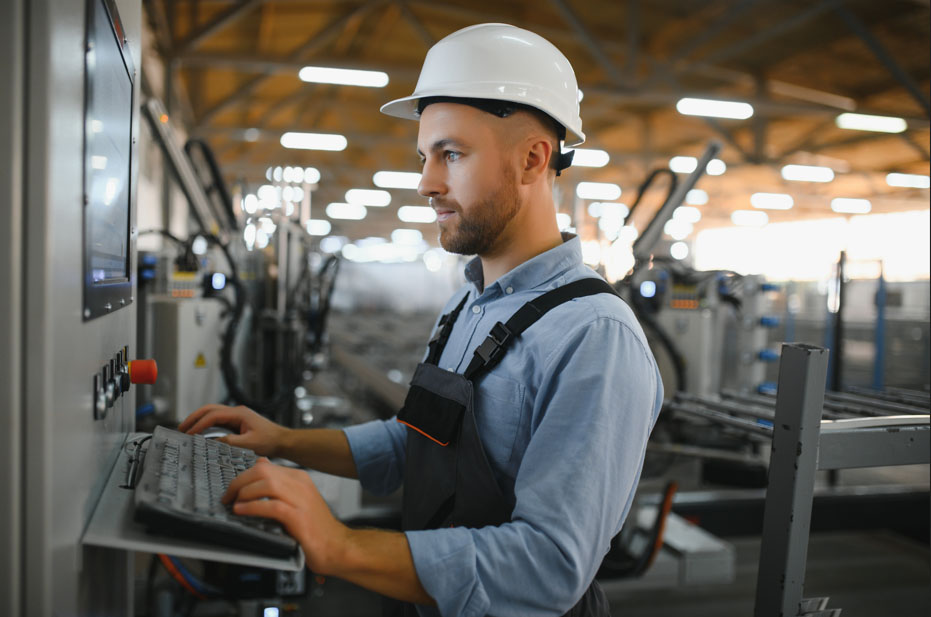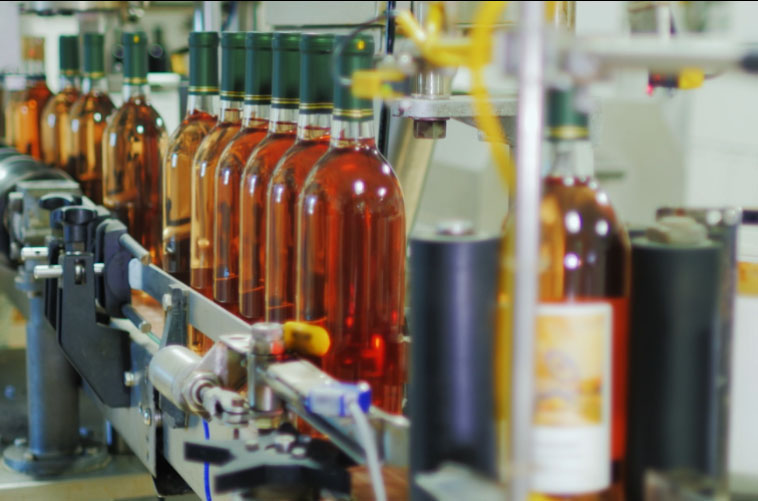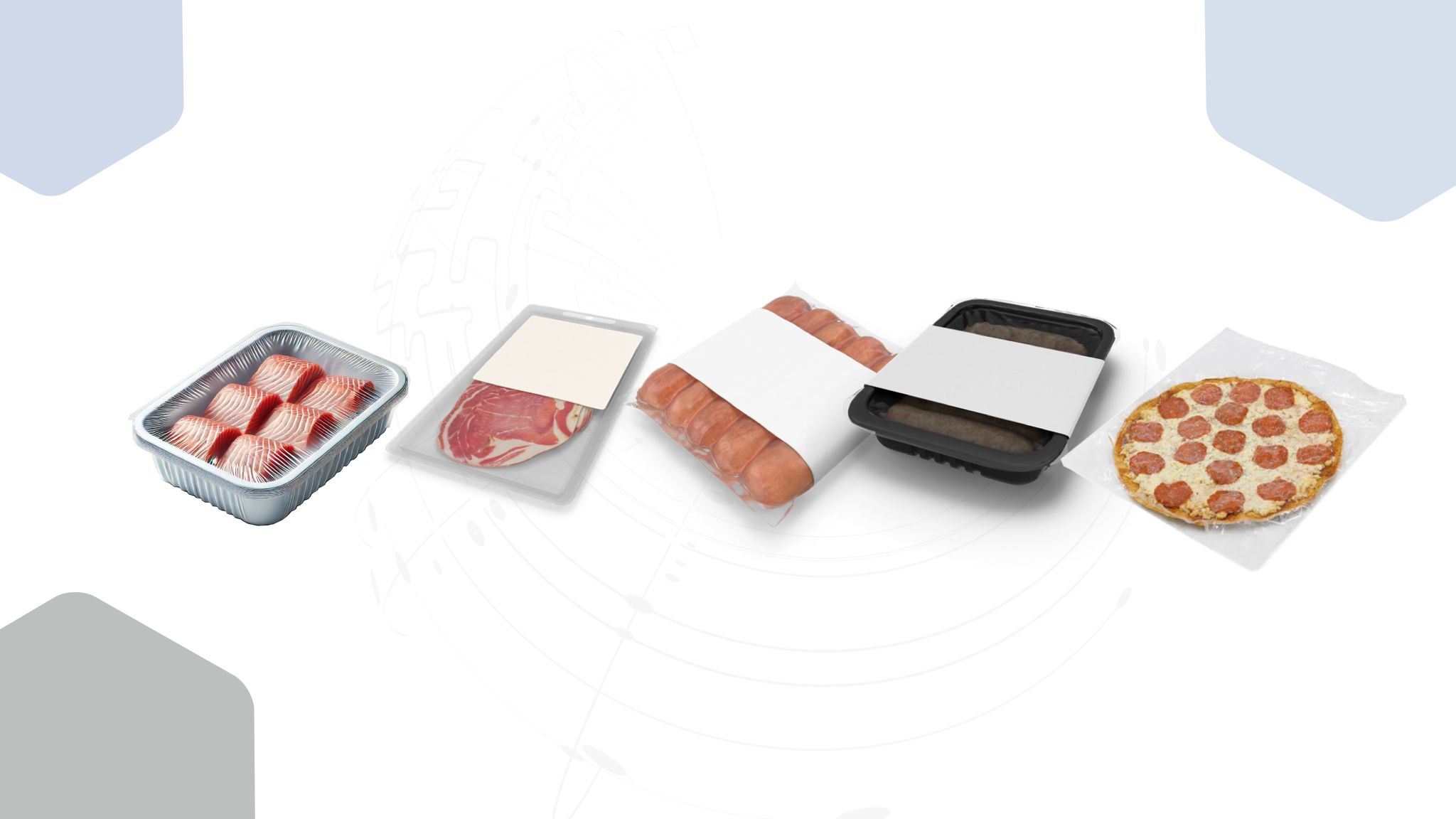Industrial Automation: Driving Efficiency and Precision in Production

18 - 09 - 2024
Industrial Automation: Driving Efficiency and Precision in Production
In an increasingly competitive world, industrial automation has become a key tool to improve productivity, reduce costs, and ensure quality in manufacturing processes. Companies that adopt automated systems can accelerate their operations and respond more efficiently to market demands.
What is Industrial Automation?
Industrial automation refers to the use of technology-controlled systems, such as robots, sensors, and software, to carry out tasks that previously required human intervention. This type of automation allows repetitive tasks to be performed with precision and speed, minimizing the risk of errors and improving the consistency of the final product’s quality.
Industrial automation solutions can range from simple assembly tasks to complex processes such as quality control, packaging, and real-time inventory management. These systems are fundamental in sectors such as automotive, food, pharmaceuticals, electronics, and many others.
Benefits of Industrial Automation
- Increased Productivity:
Automated systems can operate 24/7, increasing a company’s production capacity without the need to increase work shifts. - Reduction of Errors:
With automation, many of the human variables that could generate errors are eliminated. Robots and machines follow precise instructions, minimizing product defects. - Cost Savings:
Although the initial investment may be high, automated systems help reduce labor costs, increase efficiency, and lower operational expenses in the long term. - Improved Workplace Safety:
Industrial automation allows workers to focus on less dangerous tasks, while robots take on the riskier or more repetitive tasks. - Real-time Traceability and Control:
Modern automation allows real-time monitoring of products, improving traceability and inventory control.
Applications of Industrial Automation
Industrial automation has multiple applications across a variety of industries. Some of the most common areas include:
- Quality Control:
Machine vision systems that detect defects in products and packaging with millimeter precision. - Assembly Processes:
Robots that assemble parts efficiently and accurately, reducing production time. - Packaging and Labeling:
Automated machines that package and label products at high speed, ensuring precision and uniformity in every package. - Inventory Management:
Automation systems that monitor inventory in real-time, optimizing stock replenishment and reducing excess.
Industrial Automation and Machine Vision
One of the most innovative areas in industrial automation is the integration of machine vision and machine learning algorithms. These advanced systems enable machines to “see” products, identify patterns, and make decisions based on the data captured.
Machine vision systems can verify the quality of a product, detect labeling errors, or ensure that a product is correctly assembled before being packaged. With these technologies, companies can guarantee that each product meets quality standards, reducing rejections and returns.
The Future of Industrial Automation
As technology advances, industrial automation will continue to evolve. It is expected that the factories of the future will be fully smart, with interconnected machines that collaborate with each other and make decisions based on real-time data. This will not only increase efficiency but also allow for more flexible and personalized production, where products are tailored to the specific needs of each customer.
Industrial Automation for a Competitive Future
Implementing industrial automation not only allows companies to stay competitive but also improves efficiency, reduces costs, and ensures quality at every step of the production process. Whether through robots, machine vision systems, or integrated software solutions, automation is transforming the way companies manufacture, control, and deliver their products.
If your company is looking to take the next step towards automation and process optimization, do not hesitate to contact us to learn how we can help you implement industrial automation solutions tailored to your needs.









